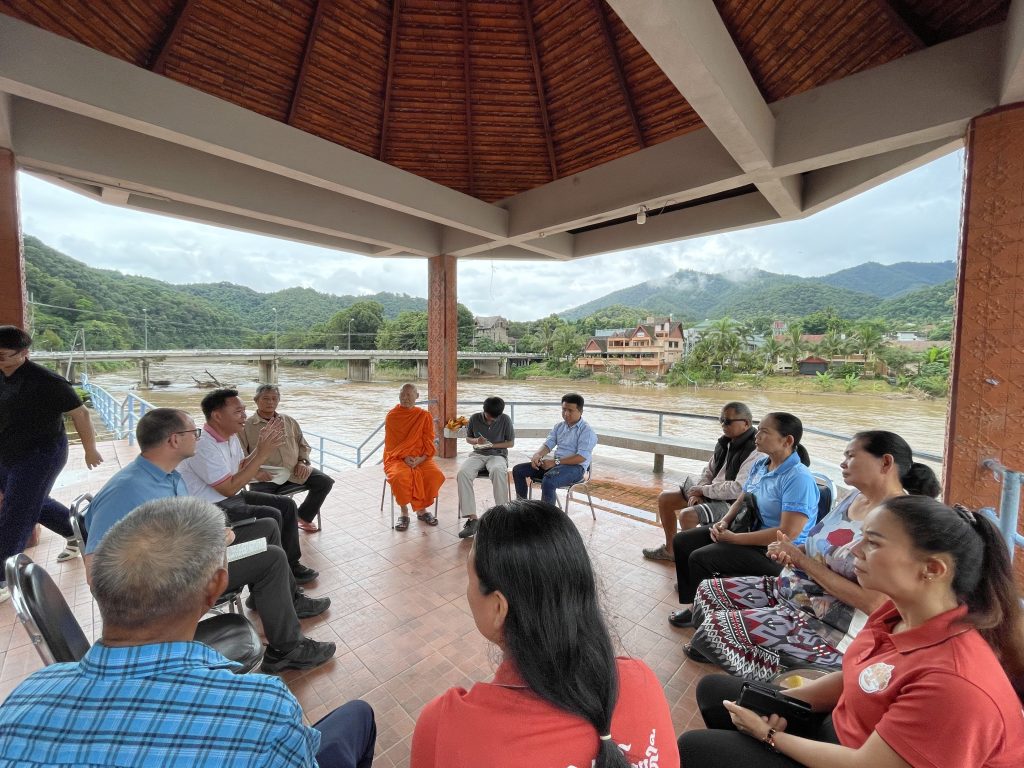Brian Eyler

Brian Eyler is the Director of the Stimson Center‘s Southeast Asia and Energy, Water and Sustainability programs. He is widely recognised as a leading voice and expert on transboundary water-energy-food nexus security issues in the Mekong River Basin, having spent more than 15 years living and working in China.
Eyler is the Co-Lead of the Mekong Dam Monitor, an award-winning, open-source platform providing near-real-time monitoring of dams and environmental impacts along the Mekong, using remote sensing, satelling, GIS analysis and social media. It offers transparency over the operations of upstream dams to vulnerable communities and countries downstream, allowing them to prepare better and mitigate the impacts from sudden floods and food crises. It was the winner of the 2021 Esri Special Achievement in GIS Award, 1st Prize in the 2021 Prudent Foundation’s Disaster Tech Competition and the Renewable Natural Resources Foundation’s 2021 Outstanding Achievement Award. It was acclaimed for its innovative use of technology to monitor changes and threats to the river ecosystem.
Eyler’s recent book, The Last Days of the Mighty Mekong, published by Zed Books in 2019, features stories from a variety of communities along the Mekong, highlighting how unchecked development and environmental changes are endangering the river and communities reliant on it.
Eyler holds an MA from the University of California, San Diego and a BA from Bucknell University.

Click the ‘Listen’ button below to hear Dominic Bowen with Brian Eyler and Palmo unpack the wide-ranging implications of China’s construction of a mega dam on the Yarlung Tsangpo in Tibet, projected to be the world’s largest hydropower facility once operational. Click ‘Read’ for a more in-depth analysis of the subject, weighing China’s economic and energy ambitions against the profound impacts on Tibetan livelihoods, culture and the environment, as well as the risks to regional water security and the strategic use of water as a geopolitical instrument.






One Comment
Comments are closed.